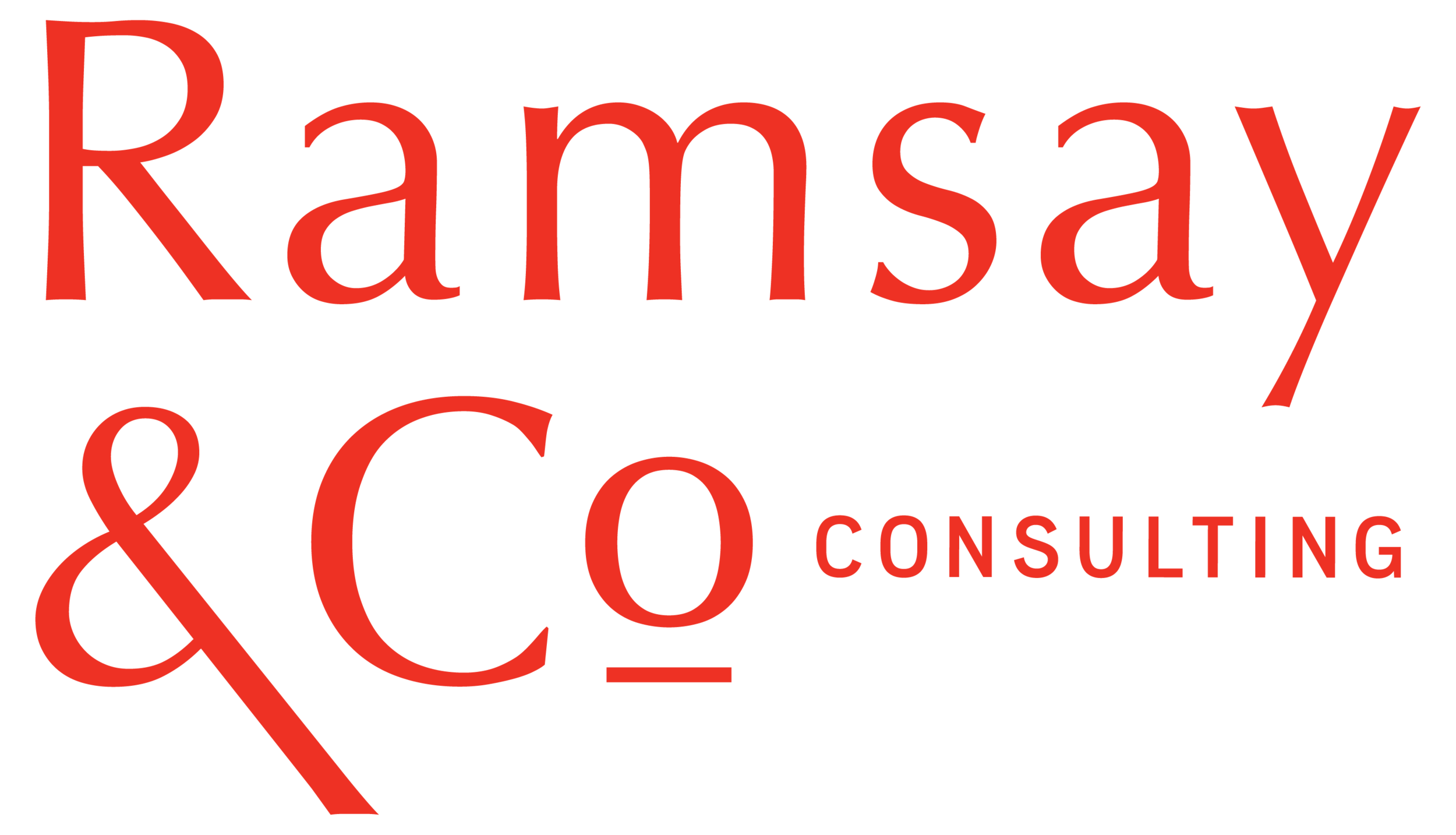#128 – Words Mean Things!
What Learning Another Language Can Teach You About Communication
As one of my favourite podcasters, Crissle West, says, “WORDS MEAN THINGS!” (usually she’s shouting it). The words you choose impact how people understand and engage with you. As a writer, that lesson has always been a no-brainer for me. And honestly, she most often says it when people were confusing or not effectively using the words they had to communicate.
But, as I continue my (two decade) journey of trying to learn languages with a brain that is DEEPLY immersed in English and that struggles to pick up new languages, this lesson has become unbelievable relevant. I don’t have the words in Spanish to communicate as eloquently or effectively with all the nuance that comes with knowing words mean things as I an in English. Instead. I have to aim for simplicity. Focus on getting the pronunciation right and finding a way to express myself using the limited vocabulary I have. It is both humbling and eye opening. It reinforces a lesson I try to share often here and elsewhere about storytelling: when it comes to communication, simplicity is almost always best. And choosing the path of simplicity with an understanding that words mean things can lead to your best storytelling and sharing.
The words we choose and use matter. The better we understand this the better we can share, be seen, and most importantly, be understood. According to the philosopher, Ludwig Wittgenstein, our language limits or opens our world. He said, “The limits of my language mean the limits of my world.” Brene Brown talks about this same idea in her book Atlas of the Heart, speaking to how understanding the words for our many emotions and the nuances of them lead to better connection.
Words mean things.
In a Re-Work workshop last week (Re-Work is my passion project focused on helping ambitious professionals develop a more sustainable relationship with work and productivity) we talked about the difference between excitement and anxiety or stress. Physiologically there isn’t one (a stress response is almost identical to an excitement response in the body) which means the words we choose to describe the feeling can actually change our experience of the world. If we get nervous about speaking in public we can call it excitement and totally reframe our experience of that physiological response of butterflies and increased heart rate (you know the feeling). Language and words and the choices—and it IS a choice—we make around them truly are a powerful thing.
Another example comes from Forbes contributor, Allan Hug, who puts it simply: “there’s a massive difference between an ‘industrial wind turbine’ and a ‘windmill.’ At least when it comes to comprehension.” There’s no reason to get complicated and in fact you can change meaning and understanding when you do.
So my humbling lesson in language as I continue to struggle to learn Spanish will actually (hopefully) make me a better communicator in all the languages I have access to. For the record, Spanish will be my only other language because I am terrible at them—once I get to fluency (in the next decade?) I will be done with languages, we can’t be good at everything.
Let me know in the comments, have you ever noticed or caught yourself using complex language when simple will do? Have you caught yourself in a case of miscommunication because of it? How have you been choiceful about the words you use, remembering that words mean things? Or can you moving forward? I hope this note serves you.
A Story Well Told
My new favourite podcast had an episode last week that I think everyone should listen to. The podcast is call Vibe Check and it is hosted by Saeed Jones (one of my favourite contemporary poets), Sam Sanders, and Zach Stafford. They are three amazingly accomplished Black gay men talking about what’s happening in culture and helping listeners “get their vibes right.” They take on big heavy issues but discuss them in a way that leave you feeling informed, provide a new perspective, but doesn’t take you to that place of darkness that modern news media loves to drag us to. Their episode last week on anti-trans legislation in the US is a great example. I shared it and additional context on social media after listening because it is such an important issue with wide sweeping implications and they cover it all and put heart into it in the process. I’d really encourage you to listen.
